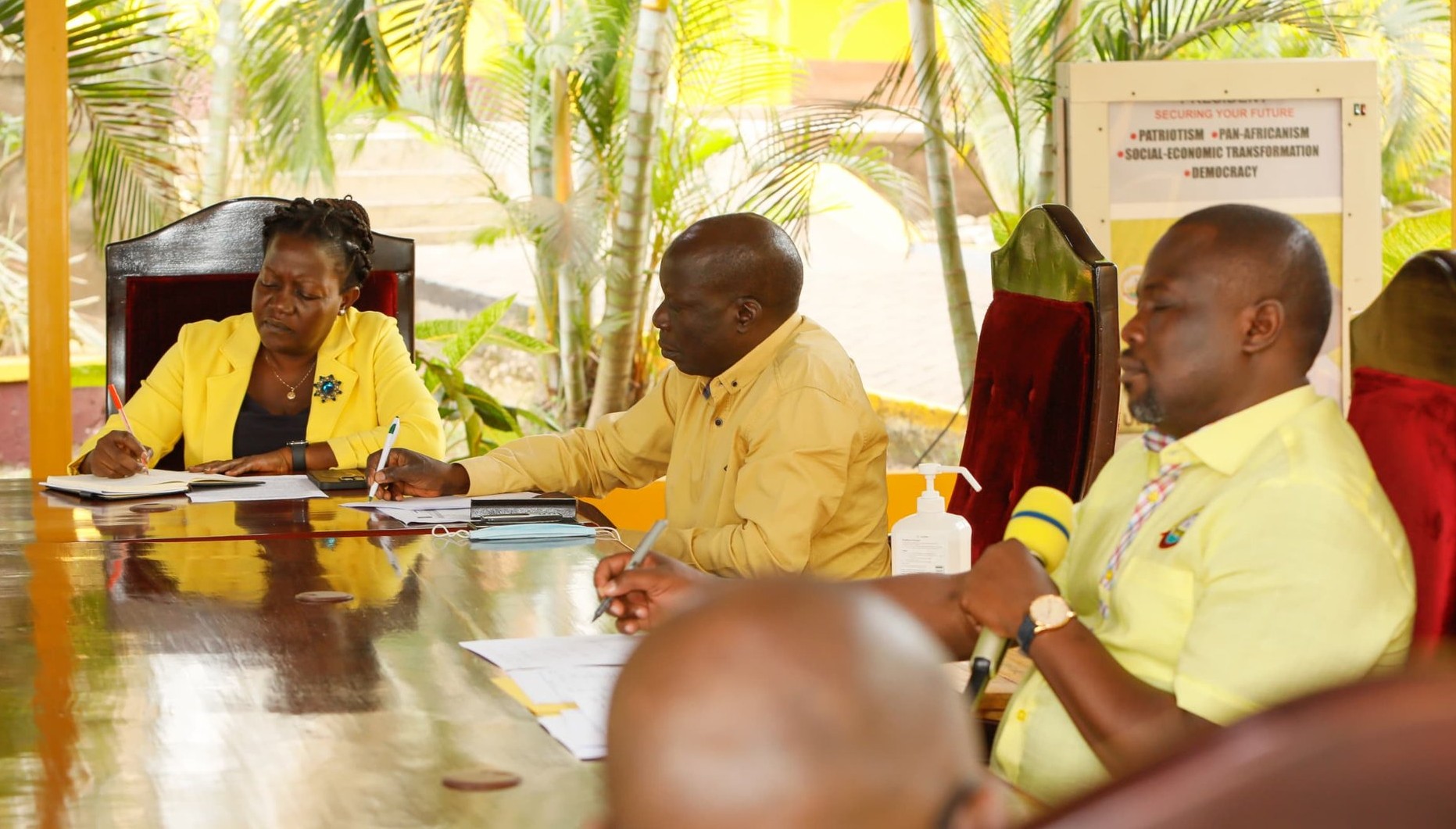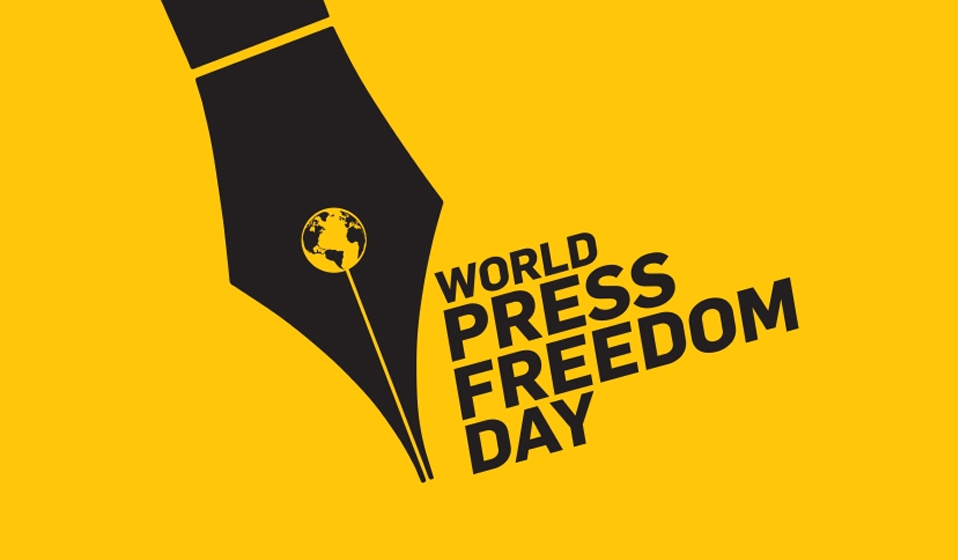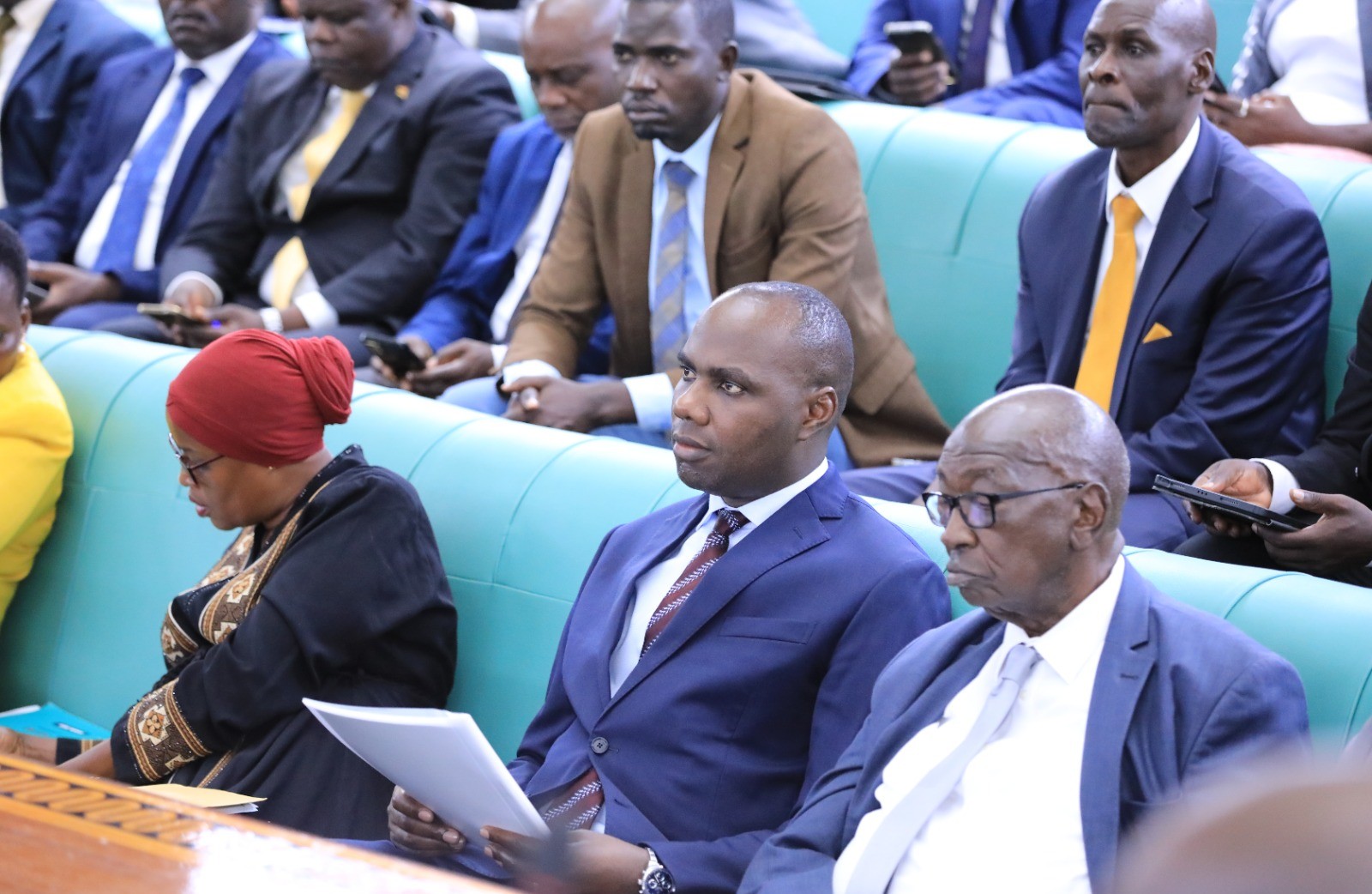In a significant turn for African diplomacy, Mahmoud Ali Youssouf, Djibouti’s longstanding Foreign Affairs Minister, has been elected as the new Chairperson of the African Union Commission (AUC). This election, held during the 38th Ordinary Summit of the African Union in Addis Ababa, marks a pivotal moment for the continent’s leadership and direction. Here, we delve into the implications of Youssouf’s election, his background, policy pledges, and what this means for the future of the African Union.
The Election Process and Results
The race for the AUC Chairperson was notably competitive, involving key figures from Djibouti, Kenya, and Madagascar. Youssouf secured victory in a closely contested election, clinching the necessary two-thirds majority with 33 votes in the seventh round, after Raila Odinga of Kenya was eliminated from the race. This outcome reflects not just the diplomatic strength of Djibouti but also signals a shift in regional influence within the AU.
Background of Mahmoud Ali Youssouf
At 59, Mahmoud Ali Youssouf brings to the AUC an extensive career in diplomacy, having served as Djibouti’s Foreign Minister since 2005. His tenure has seen him navigate complex regional politics in the Horn of Africa, acting as a mediator in conflicts and enhancing Djibouti’s role as a peace broker. His multilingual capabilities, fluency in French, English, and Arabic, offer a significant advantage in navigating the diverse linguistic landscape of the AU’s member states.
Policy Promises and Vision
Youssouf’s campaign focused on several key areas:
- Reform and Institutional Memory: He emphasized the need for better efficiency within the AUC, criticizing the reliance on short-term personnel which leads to a lack of institutional memory. His vision includes implementing reforms to ensure continuity and effectiveness.
- Peace and Security: With decades of experience in conflict mediation, particularly in the volatile Horn of Africa, Youssouf aims to enhance the AU’s capacity in conflict resolution, focusing on Sudan, the Sahel, and other regions.
- Economic Integration: He advocates for stronger economic ties among African nations, with a special focus on realizing the potential of the African Continental Free Trade Area (AfCFTA).
- Digital Revolution and Youth: Youssouf has pledged to drive Africa’s digital transformation, ensuring youth and women are at the forefront of this shift, both in policy-making and implementation.
- Global Representation: He supports Africa’s quest for a permanent seat in the UN Security Council, viewing it as a step towards correcting historical injustices.
Challenges Ahead
Youssouf inherits an AU at a crossroads:
- Human Rights: Amnesty International has called for the new leadership to prioritize human rights, especially given ongoing conflicts across the continent where civilian protection is paramount.
- Regional Dynamics: The balance of power within the AU, especially with smaller nations like Djibouti gaining prominence, could lead to shifts in how regional blocs interact and influence AU decisions.
- Financial and Institutional Reforms: There’s a pressing need for financial accountability and reform within the AU structures, an area where Youssouf’s background in governance could prove pivotal.
Implications for Africa’s Future
Youssouf’s election is likely to influence several aspects:
- Diplomatic Weight: His election might tilt the balance towards smaller, yet strategically located nations, giving them more voice in continental decisions.
- Continuity vs. Change: While his experience promises continuity in foreign policy, his push for reforms could introduce significant changes in how the AU operates.
- Regional Stability: His mediation skills could be crucial in addressing ongoing conflicts, potentially leading to more stable regional dynamics.
Mahmoud Ali Youssouf’s election as AUC Chairperson is not just a national victory for Djibouti but a moment of potential transformation for the African Union. His diplomatic acumen, combined with a clear vision for reform and integration, sets the stage for a term that could redefine the AU’s role on both continental and global stages. However, the true test will be in execution—navigating the intricate web of African politics while keeping true to his pledges of inclusivity, peace, and economic prosperity.
As Africa watches, the world, too, will be keen on how Youssouf steers the Union towards its ambitious goals in a world increasingly looking to Africa for its demographic, economic, and strategic potential.







